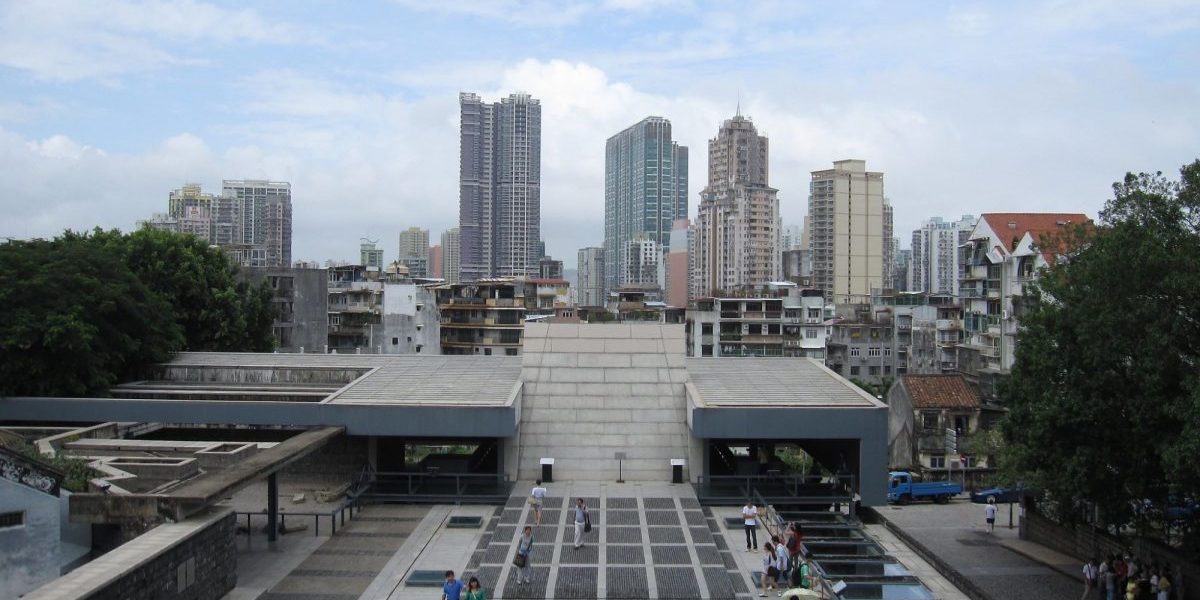It was so large in scale that its value exceeded the Congolese government’s budget during the year it was signed. While the Sicomines agreement had been drastically reduced from what was originally planned, it has remained highly contentious in academic and policy circles alike. This paper explores the Sicomines agreement and highlights the role risk has played from its inception a decade ago until now. This case reveals how, while simple on the surface, RFI deals carry significant risks for their signatories because of the long time horizon through which they operate. This has led the Sicomines agreement to experience many hurdles, both on the infrastructure delivery and resource extraction fronts. Resourcefor
Infrastructure (RFI) deals generate upfront infrastructure investments to be repaid via future resource extraction. However, much can change in between. This paper employs financial modeling techniques to highlight the pitfalls of attempting to identify a ‘winner’ in such ventures until they reach their conclusion. As this paper demonstrates through the Sicomines case, the expected benefits of RFI deals can change swiftly and unpredictably.








